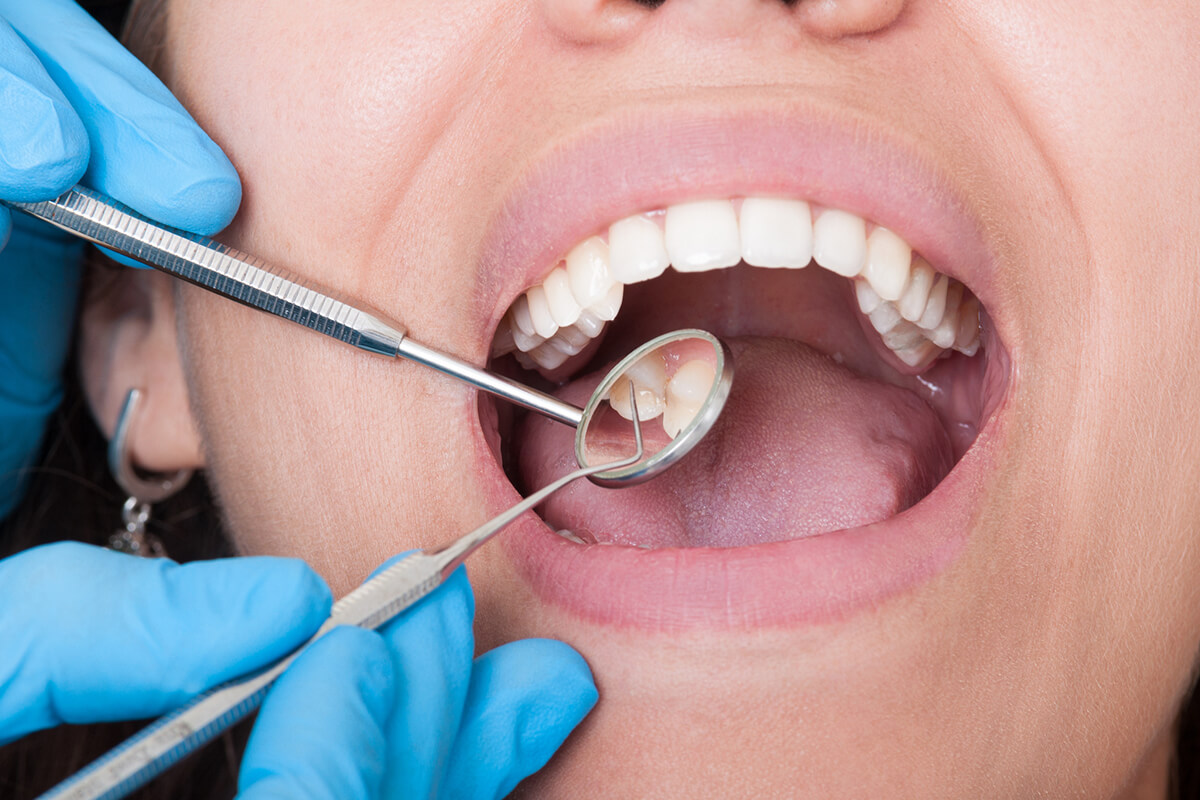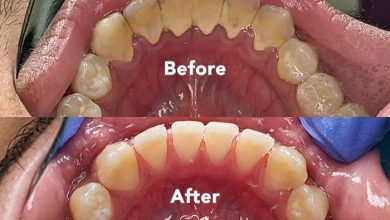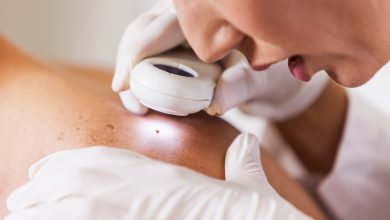How Long Do Dental Cleanings Take?

Dental cleanings typically take about 30 to 60 minutes. Regular dental cleanings are essential for maintaining good oral health.
During a dental cleaning, a dental hygienist will use special tools to remove plaque, tartar, and stains from your teeth. They will also floss and polish your teeth, leaving them feeling clean and smooth. Additionally, the hygienist will examine your mouth for any signs of dental issues and may provide recommendations for improving your oral hygiene routine.
Overall, dental cleanings are relatively quick and painless procedures that play an important role in preventing tooth decay, gum disease, and other oral health problems. By attending regular dental cleanings, you can keep your smile healthy and bright.
Understanding Dental Cleanings
Regular dental cleanings are an essential part of maintaining good oral health. They help prevent dental issues such as cavities, gum disease, and bad breath. Dental cleanings typically last between 30 minutes to an hour, depending on various factors.
Importance Of Regular Dental Cleanings
Regular dental cleanings are important for several reasons:
- Plaque and tartar removal: Dental cleanings remove plaque and tartar build-up, which cannot be effectively eliminated through regular brushing and flossing.
- Gum disease prevention: Cleanings help prevent gum disease by reducing bacteria and plaque that can lead to infection and inflammation.
- Cavity prevention: By removing plaque, cleanings help prevent the development of cavities.
- Fresher breath: Dental cleanings remove bacteria that cause bad breath, leaving you with fresher breath.
What Happens During A Dental Cleaning?
During a dental cleaning, a skilled dental hygienist will:
- Examine your teeth and gums to check for any signs of dental issues.
- Use specialized tools to gently remove plaque and tartar from your teeth.
- Polish your teeth to remove any surface stains.
- Offer personalized advice and recommendations on oral hygiene practices.
Overall, dental cleanings are a crucial component of maintaining optimal oral health and should be scheduled at least twice a year.

Credit: www.drjamrozek.com
The Duration Of Dental Cleanings
htmlWhen it comes to dental cleanings, their duration can vary based on several factors. These factors can include the individual’s oral health needs and the type of cleaning required.
An average dental cleaning typically takes around 30 to 45 minutes. However, for individuals requiring a more thorough cleaning due to heavy tartar buildup or specific dental issues, the duration might extend to 60 minutes or more.
Additionally, certain factors can affect the duration of dental cleanings:
| Factors | Influence on Duration |
|---|---|
| Dental health history | May require more time for evaluations and specific treatments |
| Presence of periodontal disease | Requires deeper cleaning and potential further treatment |
| Tartar buildup | Additional time needed to remove stubborn tartar |
| Dental hygiene routine | Frequency and effectiveness of at-home care affects the cleaning process |
To ensure a comprehensive dental cleaning, it is essential for the dentist or dental hygienist to assess and address individual needs, which may extend the duration of the cleaning.
Drilling Into Dental Cleaning Steps
html
Step 1: Oral examination
During a dental cleaning, the first step is an oral examination. The dentist will examine your teeth and gums, looking for any signs of decay, gum disease, or other oral health issues. This examination helps the dentist determine the appropriate treatment plan for your cleaning.
Step 2: Removal of plaque and tartar
Next, the dentist or dental hygienist will use special tools to remove plaque and tartar from your teeth. Plaque is a sticky film of bacteria that can lead to tooth decay and gum disease if not removed. Tartar is hardened plaque that can only be removed by a professional cleaning.
Step 3: Teeth polishing
After the plaque and tartar are removed, the dentist or hygienist will polish your teeth using a gritty toothpaste and a high-powered electric brush. This helps remove surface stains and makes your teeth feel smooth and clean.
Step 4: Discussion of oral health and hygiene practices
Finally, the dentist or hygienist will discuss oral health and hygiene practices with you. They may provide recommendations for maintaining good oral health, including brushing and flossing techniques, the use of mouthwash, and the frequency of dental visits.
Tips To Maximize Efficiency And Comfort Of Dental Cleanings
When preparing for a dental cleaning, it is essential to practice good oral hygiene habits. Regular brushing and flossing help remove food particles and plaque, which can make the cleaning process easier and quicker. Additionally, communicating with your dental hygienist is crucial for a comfortable experience. Inform them about any oral health issues or concerns you may have, as well as your medical history and medications you are taking. This information will enable them to tailor the cleaning process accordingly and address any specific needs you may have.
The frequency of dental cleanings depends on various factors, including your oral health condition and any preventive measures taken. Most people require a cleaning every six months, but some may need more frequent cleanings if they have gum disease or other oral health issues. Regular cleanings help prevent oral health issues such as cavities, gum disease, and bad breath. By maintaining good oral hygiene habits and attending regular dental cleanings, you can maximize the efficiency and comfort of your cleaning sessions, ensuring optimal oral health.
Frequently Asked Questions On How Long Do Dental Cleanings Take?
How Long Does It Take To Fully Clean Your Teeth?
It takes an average of 2 to 3 minutes to fully clean your teeth.
Why Does Dental Cleaning Take So Long?
Dental cleaning takes time because there are multiple steps involved. The dentist checks your oral health, removes tartar and plaque buildup, and polishes your teeth. X-rays may also be taken to assess any underlying issues. This thorough process ensures your teeth and gums stay healthy.
How Long After Teeth Cleaning Can I Eat?
You can eat immediately after teeth cleaning as long as you avoid hot and hard foods. It is important to wait at least 30 minutes before consuming any food or beverages, except for water, to allow the fluoride treatment to take effect.
How Painful Is Dental Cleaning?
Dental cleaning can cause some discomfort, but it is generally not very painful. The cleaning process involves scraping plaque off the teeth, which can cause minor sensitivity or discomfort. However, most patients find the procedure tolerable and experience little to no pain.
Conclusion
The length of dental cleanings may vary depending on various factors, such as the individual’s oral health and any specific procedures needed. While a typical cleaning session generally takes about 30 to 60 minutes, it is essential to remember that each person’s situation is unique.
Regular dental cleanings are crucial for maintaining good oral hygiene and preventing dental issues in the long run. Therefore, it is advisable to consult with your dentist to determine the appropriate duration for your dental cleaning sessions.





